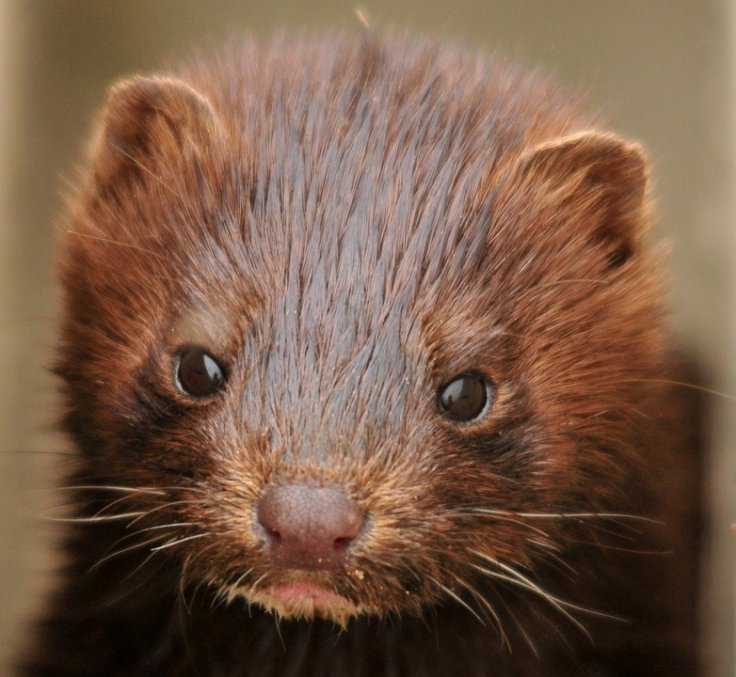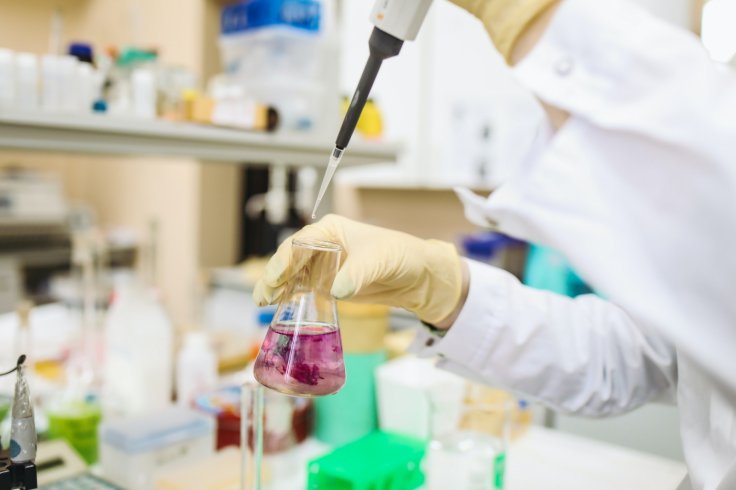After several workers in mink farms in Spain and the Netherlands got infected with the new Coronavirus, it had scientists scratching their heads. Tests conducted in the minks of those farms suggested that even those were infected with the novel Coronavirus. As a result, over a million of the minks were killed.
But until then, there was no documented case of the SARS-CoV-2 virus spreading from animals although it was found in cats, dogs, and tigers. Taking the evolving situation into account, scientists are now trying to figure out how minks got infected if they could transmit it to humans.
The general belief is that minks in those farms got the virus from an infected worker and later spread to other humans but officials are still unsure. The Dutch government and researchers are looking into the possibility and if that's the case how much of a threat it could be.
Outbreak in Mink Farms

In the Netherlands, the first cases of minks getting infected emerged. Since April 2020, 27 mink farms in total reported such cases. A thousand miles away, in a Spanish village of La Puebla de Valverde, minks also got infected a month later.
Out of 500 population of the village, 14 employees including the owner tested positive in the mink farm. Later even when the farm was shut down, two other employees tested positive, raising more questions. It was estimated that 90 percent of the minks in the farm were infected and ordered to be killed. Even in Denmark, the largest producer of mink fur, has also reported such cases.
Following the cases in the Netherlands, a Dutch veterinarian, professor Wim van der Poel, who was studying the virus at Wageningen University and Research concluded that the strain of the virus was similar to the one in humans. "We assumed it was possible that it would be transmitted back to people again," he told the Associated Press.

WHO Says it's Limited
These incidents have the World Health Organization (WHO) and the World Organization for Animal Health change their stance that despite animal origin, the virus doesn't spread from animals to humans. As the scientists continue studying the evolving virus and transmission between animals and humans, Richard Ostfeld, a researcher at the Cary Institute of Ecosystem Studies in Millbrook, New York, believes that it would be the first known instance of animal-to-human transmission.
"With the evidence for farmed mink-to-human transmission, we definitely need to be concerned with the potential for domesticated animals that are infected to pass on their infection to us," he said. However, both the WHO and the U.S. Center for Disease Control and Prevention (CDC) have said that the incidents are rare and "very limited".
"This gives us some clues about which animals may be susceptible to infection and this will help us as we learn more about the potential animal reservoir of the virus," said Dr. Maria Van Kerkhove of the WHO. A WHO team is currently studying the origin of the virus in China, which also produces mink fur. Other countries including the U.S. haven't yet reported any cases of animals being infected with the virus.








